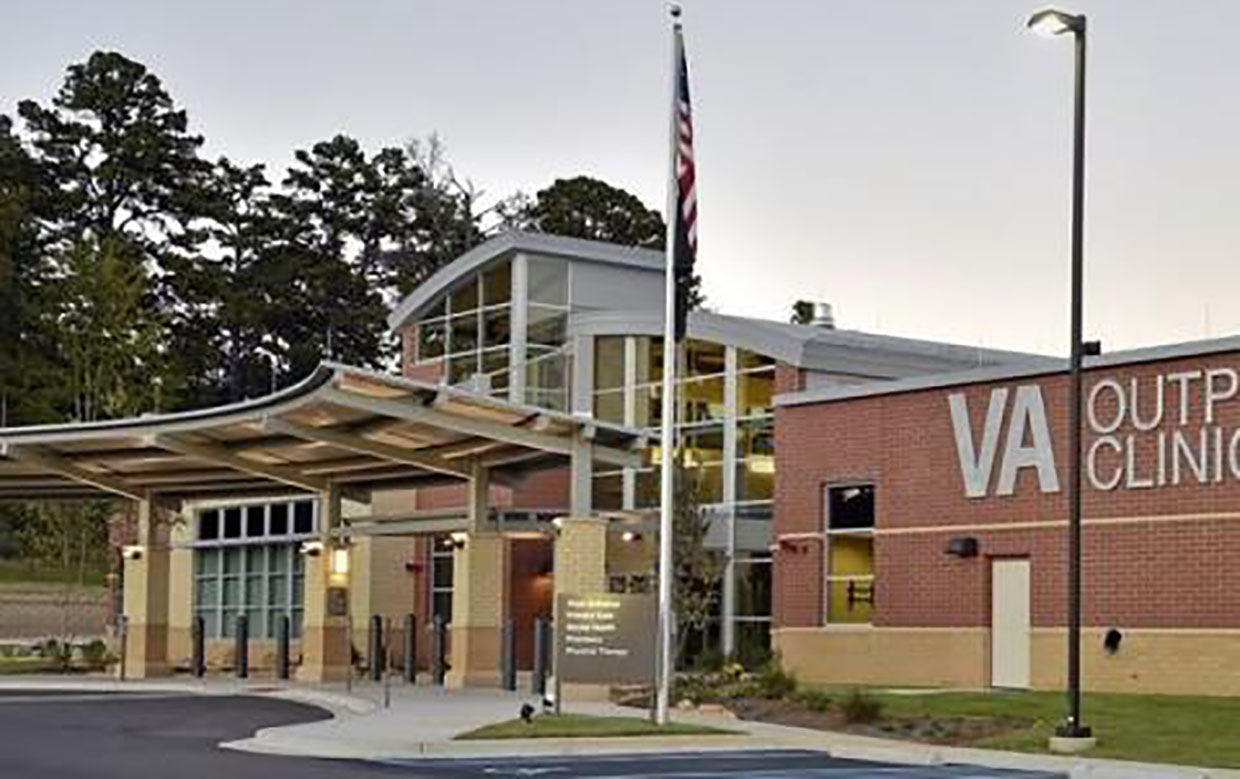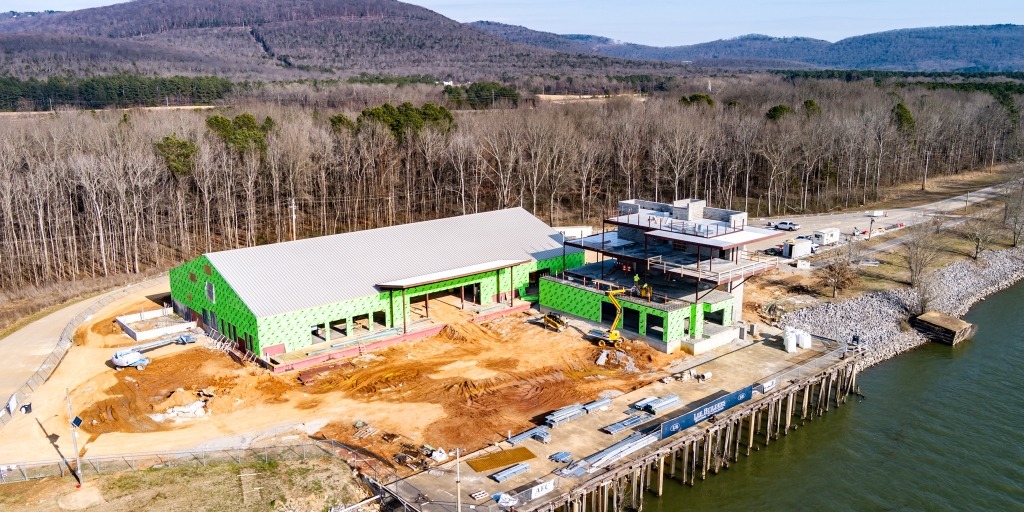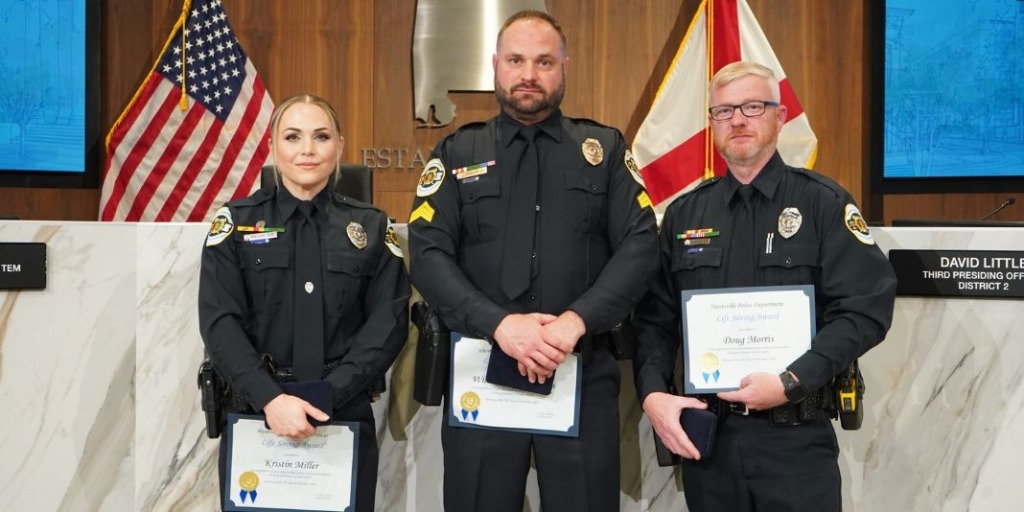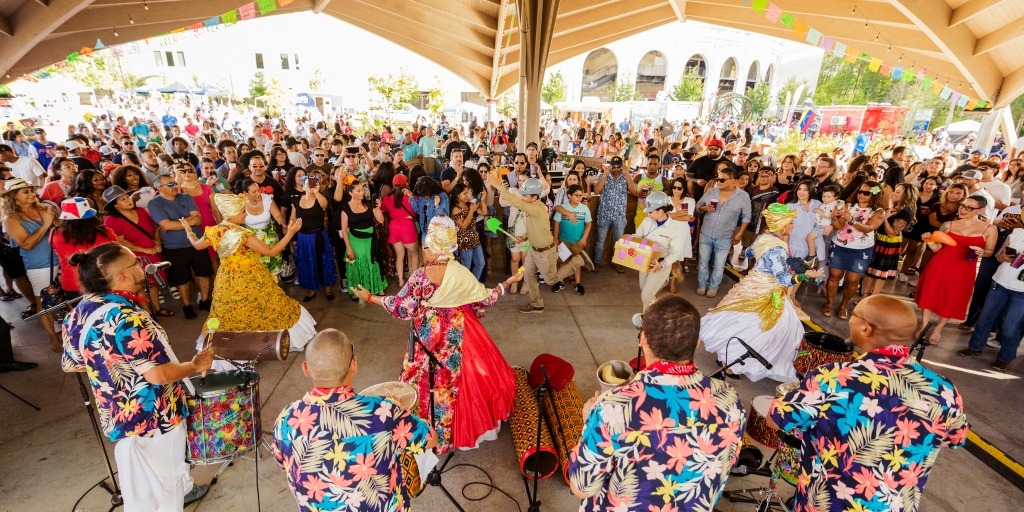Building a new medical center for veterans in Huntsville was in the VA secretary’s infrastructure plan released last week, but the plan requires approval from an independent commission of veteran advocates and an act of Congress, as much as guaranteeing it will be several years in the making.
There is no question Huntsville needs the new facility. Currently, the Birmingham VA Health Care System manages a community outpatient clinic for veterans in Huntsville, but the availability of services does not coincide with Huntsville’s growing population or the number of people needing those services.
The plan also recommends improvements to VA staff pay and benefits to strengthen retention efforts and ensuring improved veteran health care.
“It’s (Huntsville) the fastest-growing in general population-wise and the fastest growing veteran-wise, and in fact, in about 10 years, it may have more veterans than our Jefferson County area does,” said Dr. Oladipo Kukoyi, executive director of the Birmingham VA Health Care System.
According to Military.com, the VA Secretary’s $2 trillion proposal unveils a plan to close 17 aging or underused medical centers in areas where veteran populations are decreasing while shifting services to more than 30 new or rebuilt hospitals. The department will lose a net of three medical centers and 174 outpatient health clinics but will gain 255 health care facilities, including new clinics, stand-alone rehabilitation centers and nursing homes.
Veteran populations are growing throughout the South and Western U.S., and the secretary’s recommendations represent the VA’s vision for future health care delivery to more than 12 million veterans in the next 25 to 50 years.
VA Secretary Denis McDonough described the current VA medical infrastructure as unable to meet the health needs of today’s veterans. Many of its facilities were built in the early to mid-20th century and cannot accommodate modern technology or are inappropriately structured for the population they serve, he said.
“If we implement these recommendations, nearly 150,000 more veterans will have primary care nearby; 200,000 more would have mental health care nearby; nearly 375,000 more vets will have outpatient specialty care nearby; and all the care will be delivered in modern state-of-the-art facilities,” McDonough said during an event last week with the Rand Epstein Family Veterans Policy Research Institute.











